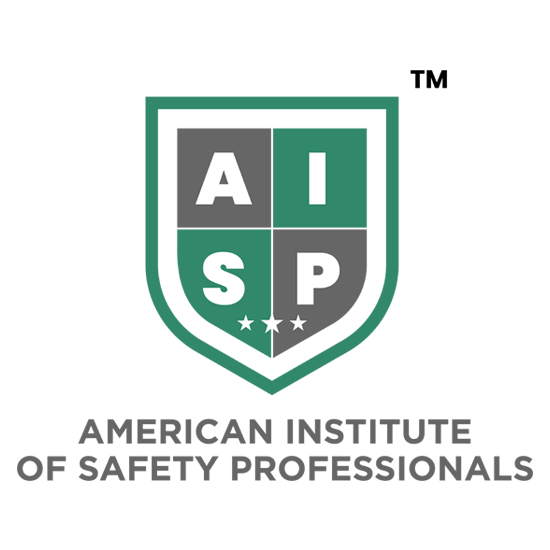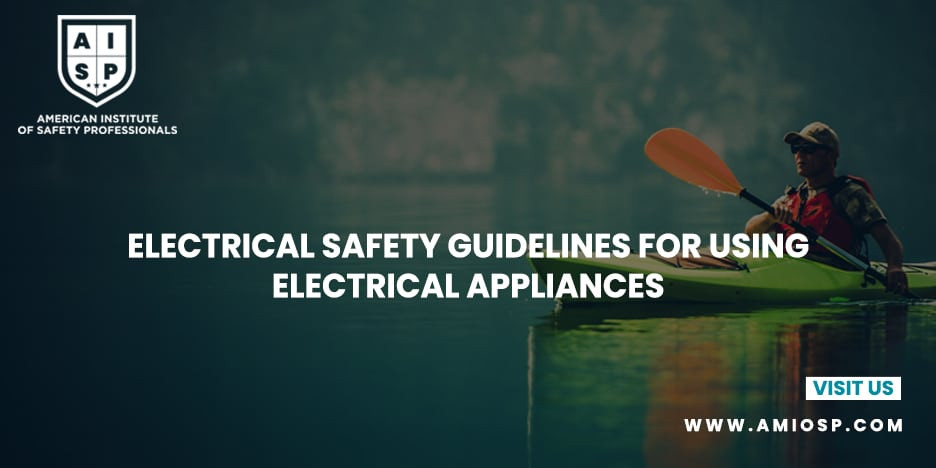Introduction:
Electrical appliances have become an integral part of our daily lives, making our tasks easier and more efficient. However, it is crucial to prioritize safety when using these appliances to prevent electrical hazards and accidents. In this blog post, we will discuss essential electrical safety guidelines that should be followed while using electrical appliances. By adhering to these guidelines, you can ensure the safety of yourself, your loved ones, and your property.
1. Understanding Electrical Appliances:
Before using any electrical appliance, it is essential to read and understand the manufacturer's instructions and warnings. Familiarize yourself with the appliance's features, limitations, and potential risks associated with its usage. Additionally, make sure the appliance has been tested and certified by a reputable organization, indicating its compliance with safety standards.
2. Inspect Regularly:
Regular inspection of electrical appliances is crucial to identify any signs of wear and tear, damage, or faulty components. Check the power cords, plugs, and sockets for any fraying, exposed wires, or loose connections. If you find any issues, immediately stop using the appliance and either have it repaired by a qualified professional or replace it.
3. Proper Handling:
When using electrical appliances, always ensure that your hands are dry, and you are standing on a dry surface. Avoid touching the appliance or its switches with wet hands, as water conducts electricity and can lead to electric shocks. Additionally, refrain from using appliances if you are barefoot or standing on a wet floor.
4. Overloading:
Every electrical appliance comes with a maximum power rating specified by the manufacturer. It is crucial to avoid overloading power outlets or extension cords beyond their capacity. Overloading can lead to overheating, which may result in electrical fires. Spread out the usage of high-power appliances and never connect multiple appliances to a single socket or extension cord.
5. Unplug When Not in Use:
When an electrical appliance is not in use, it is essential to unplug it from the power source. This practice not only reduces the risk of accidental electrical shocks but also helps conserve energy. Additionally, when unplugging an appliance, pull the plug and not the cord itself to avoid damage to the cord's internal wires.
6. Power Cord Safety:
Take care not to run power cords under carpets, rugs, or heavy furniture, as they can become pinched or damaged, leading to electrical hazards. Avoid placing heavy objects on power cords, as this can also cause damage. Furthermore, never modify or alter the plug of an electrical appliance to fit a different socket type, as this can compromise its safety.
7. Child Safety Measures:
If you have children at home, it is essential to implement child safety measures regarding electrical appliances. Use outlet covers or safety plugs to prevent children from inserting objects into sockets. Store electrical cords out of children's reach and teach them about the dangers of playing with electrical appliances.
8. Professional Assistance:
For any repairs, maintenance, or installations involving electrical appliances, always seek professional assistance from qualified electricians. Attempting to fix electrical problems yourself without the necessary knowledge and expertise can be extremely dangerous and potentially fatal.
Conclusion:
Electrical safety should be a priority for everyone when using electrical appliances. By following the guidelines mentioned in this blog post, you can minimize the risk of electrical accidents, injuries, and property damage. Remember to prioritize regular inspection, proper handling, avoiding overloading, and unplugging appliances when not in use. With a proactive approach to electrical safety, you can enjoy the benefits of electrical appliances without compromising your well-being. Stay safe, and make electrical safety a habit!
Note: Following these guidelines will significantly reduce the risk of electrical accidents, but it does not guarantee complete safety. Always exercise caution and seek professional advice when needed.












0 comments
No Comments